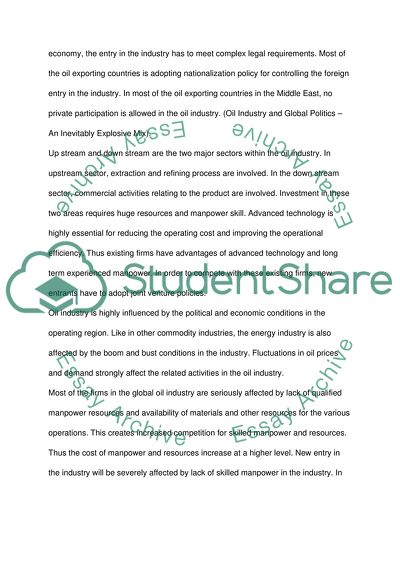Cite this document
(Global Business Context - Oil Industry Coursework, n.d.)
Global Business Context - Oil Industry Coursework. Retrieved from https://studentshare.org/macro-microeconomics/1719766-global-business-context-oil-industry
Global Business Context - Oil Industry Coursework. Retrieved from https://studentshare.org/macro-microeconomics/1719766-global-business-context-oil-industry
(Global Business Context - Oil Industry Coursework)
Global Business Context - Oil Industry Coursework. https://studentshare.org/macro-microeconomics/1719766-global-business-context-oil-industry.
Global Business Context - Oil Industry Coursework. https://studentshare.org/macro-microeconomics/1719766-global-business-context-oil-industry.
“Global Business Context - Oil Industry Coursework”. https://studentshare.org/macro-microeconomics/1719766-global-business-context-oil-industry.


